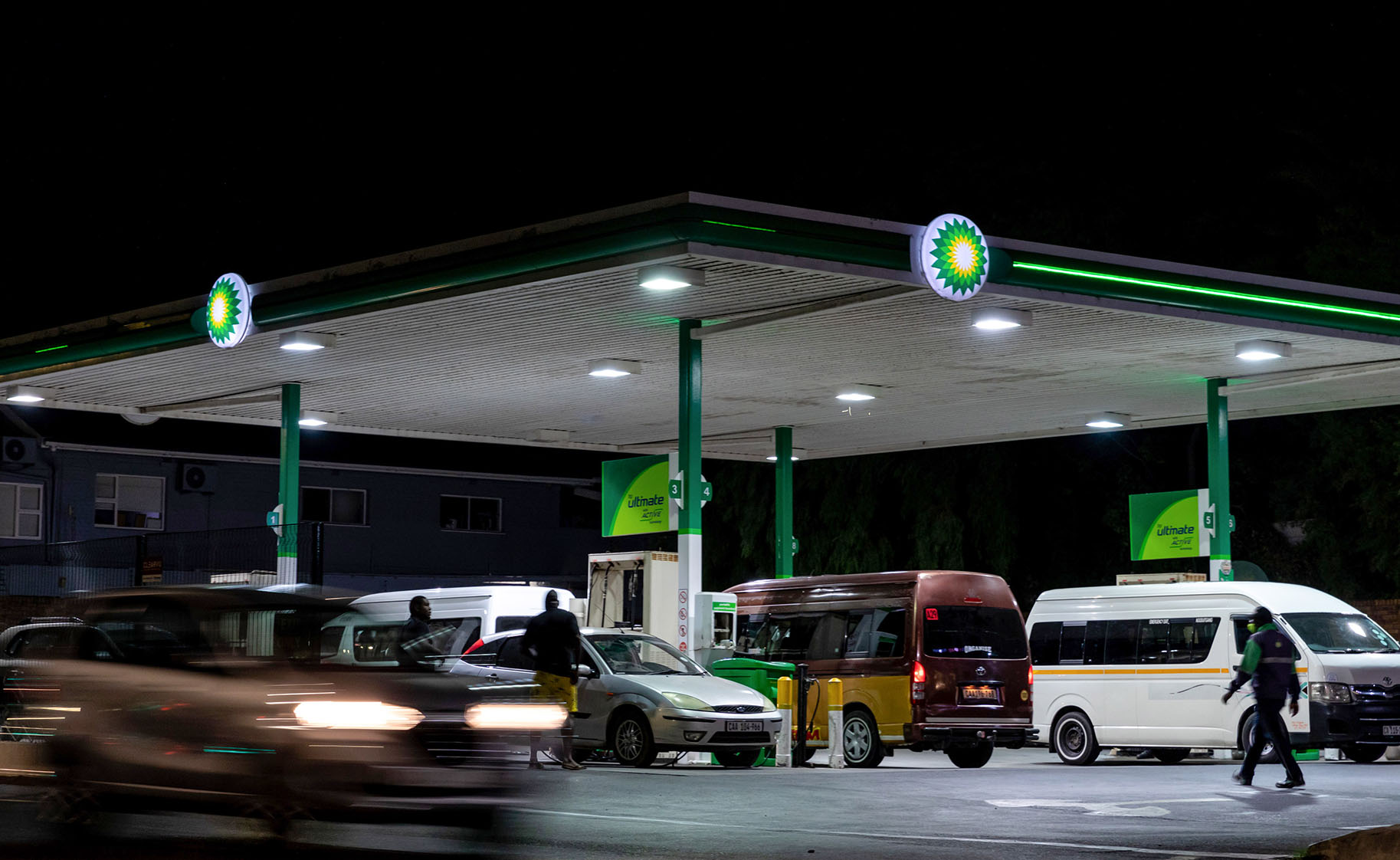On Thursday, 20 March 2025, the Gauteng Division of the High Court in Pretoria concluded the sentencing phase of a landmark environmental case against BP Southern Africa by ordering the company to pay costs related to a private prosecution initiated by Uzani Environmental Advocacy, led by Gideon Erasmus.
The case, which began in 2017, revolves around BP’s construction and operation of 17 petrol stations without obtaining the necessary environmental authorisation. The latest development follows a September 2024 judgment where BP was fined R53-million for these offences.
This case is significant as it marks the first successful private prosecution of environmental crimes in South Africa under the National Environmental Management Act (Nema), setting a significant precedent for environmental law enforcement.
While handing down the sentencing in a four-hour judgment on 6 September 2024, Judge Brian Spilg announced a reconsideration of the costs portion of the sentence, delaying the final order.
And finally, on Thursday, 20 March 2025, concluding a legal saga that began in 2017 – with violations occurring two decades ago – Judge Spilg delivered his final judgment regarding costs, concluding the sentencing phase of the case. He ruled that the prosecution is entitled to attorney-client costs, reinforcing that a private prosecutor should not be financially disadvantaged for a successful prosecution – particularly when the case upholds the constitutional right to a healthy environment.
“The right to enjoy an environment that is not harmful to health or well-being is a constitutional right for the benefit of present and future generations, as provided for in Section 24 of the Constitution,” Judge Spilg said in a virtual court session on Thursday.
“It is also significant that a successful private prosecution can result in fines that benefit the State,” he said.
“A private prosecution should not bear that burden on a party-and-party scale. The only way to ensure effective private prosecutions where the State remains silent is to ensure that those taking up the cudgels are not out of pocket where a prosecution succeeds.”
Judge Spilg emphasised that without financial support, environmental advocacy groups might be discouraged from holding corporations accountable, stating: “Otherwise, those the Act calls on to protect the environment, where the State fails, will be discouraged, as philanthropic funding is unlikely to be readily available for such causes.”
He concluded: “I therefore find that the prosecution is entitled to attorney-client costs.”
Read more: ‘Snoep’ Shell pleads for leniency over illegal petrol station fines
A judgment years in the making
Uzani Environmental Advocacy, a private environmental watchdog, filed an application against BP Southern Africa in 2017, alleging that BP had constructed and upgraded petrol stations without obtaining environmental authorisation—an offence under Nema and the Environment Conservation Act.
On 1 April 2019, the Gauteng Division of the High Court in Pretoria found BP guilty of constructing or upgrading 17 retail stations in Gauteng between 1998 and 2002, without obtaining environmental authorisations prior to commencing construction.
Despite BP admitting to these violations, the State never pursued prosecution, leading Uzani to initiate a private prosecution under Section 33 of Nema. This provision allows private individuals or organisations to institute criminal proceedings for environmental breaches if the State does not act, supported by the Criminal Procedure Act.
Given the legal costs of private prosecutions, the judgment sets a significant precedent for future cases where the State fails to act against corporate environmental crimes.
BP’s response
“While bpSA [BP Southern Africa] acknowledges and respects the decision of the court, our legal team is currently reviewing the judgment, and we can only comment further once that process is concluded,” the company told Daily Maverick on Thursday.
It added: “bpSA remains a responsible corporate citizen that has safety as its core value and does not operate in a manner harmful to the environment.”DM





